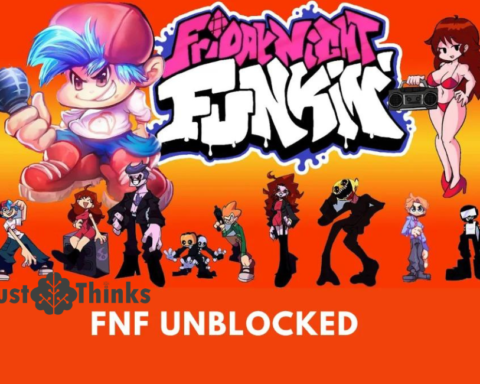Introduction
The digital era has drastically transformed the way we consume music. Gone are the days of physical CDs and tapes; instead, we have entered a world where music is readily available at our fingertips through various online platforms. MP3 Juice is one such platform that has gained notoriety for its service of providing free MP3 downloads. We will delve into the evolution, functionality, and the legal and ethical controversies surrounding MP3 Juice.
The Rise of MP3 Juice
MP3 Juice emerged during a time when the internet was rapidly changing the music industry. It started as a simple online platform where users could search for their favorite songs, artists, or albums and quickly download them in MP3 format. Its user-friendly interface and the promise of free music made it appealing to a wide audience.
The core functionality of MP3 Juice was straightforward. Users could enter a search query, and the platform would scour the internet for MP3 files related to that query. It presented users with a list of search results, often with direct links to MP3 files. This easy accessibility was a significant draw for music enthusiasts who wanted a quick way to obtain music without going through the legal purchase or streaming processes.
Copyright and Legal Concerns
The convenience and popularity of MP3 Juice, however, were not without controversy. One of the most significant issues that have plagued MP3 Juice and similar platforms is copyright infringement. Many of the songs available on these websites were copyrighted, and downloading them without proper authorization from the copyright holders could constitute a violation of copyright laws.
This legal gray area led to lawsuits and legal actions against various music-sharing platforms, including MP3 Juice. The music industry, including record labels, artists, and their representatives, sought to protect their intellectual property rights and revenue streams. Consequently, MP3 Juice and similar websites became targets for copyright enforcement.
The Takedown of MP3 Juice and Its Alternatives
In response to legal pressure and copyright concerns, MP3 Juice, along with several similar websites, faced shutdowns and takedowns. In some cases, domain names were seized or blocked by authorities. This prompted the operators of these platforms to migrate to new domains or create alternatives, making it challenging for legal authorities to curb their operations entirely.
As MP3 Juice and its counterparts continued to face legal challenges, new websites and services offering similar functionality emerged. This cat-and-mouse game between music-sharing platforms and copyright enforcers highlights the ongoing battle in the digital age between music accessibility and copyright protection.
User Experience and Popularity
Despite the controversies surrounding MP3 Juice, it garnered a significant user base due to its simplicity and convenience. Users appreciated the platform’s quick search results and the ability to download songs without the need for registration or payment. This speaks to the demand for free music access, which challenges the traditional music industry’s distribution model.
The user experience was enhanced by a clean and intuitive interface. Users could quickly navigate the website and find the music they desired. This ease of use played a vital role in the platform’s popularity.
MP3 Juice’s Impact on the Music Industry
MP3 Juice, along with similar platforms, undoubtedly had an impact on the music industry. The availability of free music downloads on these websites posed a threat to traditional revenue streams such as CD sales and paid downloads. This forced the industry to adapt and embrace new distribution models, including streaming services.
Streaming services like Spotify, Apple Music, and others grew in popularity as a response to the changing landscape of music consumption. They offered convenient and legal alternatives for accessing music, using subscription models that compensated artists and rights holders based on plays.
Ethical Considerations
The rise of MP3 Juice raises ethical questions concerning the value of music and the importance of supporting artists. While the allure of free music is undeniable, it often comes at the expense of creators who depend on music sales and royalties for their livelihood.
In an era where music piracy is easier than ever, consumers are encouraged to consider the impact of their actions on artists, songwriters, and the entire music ecosystem. Ethical music consumption involves supporting artists through legal means and respecting their intellectual property rights.
Conclusion
MP3 Juice, with its evolution, legal controversies, and impact on the music industry, serves as a noteworthy case study in the digital era’s music landscape. Its rise and fall highlight the challenges of balancing convenience and legality in music consumption.
As technology continues to shape the music industry, and as legal actions persist against copyright violators, it becomes imperative for consumers to choose ethical ways to enjoy music. Supporting artists and creators while respecting their intellectual property rights is crucial for the continued growth and sustainability of the music industry in the digital age. The story of MP3 Juice is a testament to the ever-evolving nature of the music world and the ongoing struggle to strike that balance.






